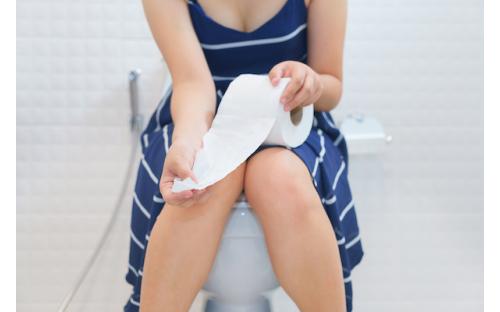Nobody wants to talk about it, but your toilet habits can say a lot about your overall health. Do you spend way too much time in the loo or experience constipation, diarrhoea, pain, bloating or flatulence? These symptoms can be a sign you may have a functional gut disorder. It is important to ensure your digestive function is top-notch, as it impacts the health of your whole body and how you feel each day.
The Lowdown on Functional Gut Issues
How often you move your bowels can be an indicator of how well your gut is functioning. While daily bowel motions are ideal, having a slow transit time of fewer than three poos a week is considered clinical constipation, while frequent, loose stools may indicate diarrhoea. Follow on symptoms such as pain, bloating, flatulence, and straining, feelings of incomplete emptying, or even seeing undigested food, blood or mucus in the toilet can all indicate a potential functional gut disorder, and this needs to be managed effectively.
Why Do I Suffer This Way?
Diet, stress, and your past health history may all play a part in the development of functional gut disorders. An imbalance in the gut microbiota (bacteria and other organisms in the gut), and irritation and inflammation from dietary or immune triggers may lead to increased permeability in the gut lining (leaky gut), exacerbating symptoms. You may even fit the criteria for conditions such as irritable bowel syndrome (IBS) or small intestinal bacterial overgrowth (SIBO).
Simple ways to get your digestive system back on track are:
- 1) Ensure you get adequate fibre to feed the gut bacteria and help keep you regular.
- 2) Drink water daily – 2 litres is a good place to start. If you’re constipated, it helps moisten the stool or can replace fluid lost with diarrhoea.
- 3) Exercise regularly; movement improves circulation to your digestive tract to support healthy bowel function and keep you regular.
- 4) Fermented foods e.g. sauerkraut, kimchi or kombucha can provide additional gut-friendly bacteria, but can be irritating for some – so observe your own response.
Probiotics and Prebiotics to the Rescue
Strain-specific probiotics and prebiotic fibres can also help promote a healthy gut microbiota and relieve functional gut issues. For example, the probiotic, Lactobacillus Plantarum 299v, and partially hydrolysed guar gum (PHGG) help improve constipation, bloating, pain and flatulence. These two ingredients have been shown to improve motility (make it easier to poo) and ease the associated symptoms of functional gut issues.
The Strain is Over
There is no need to struggle with annoying gut symptoms anymore. If the strategies above are not giving you total relief, then reach out to a health professional who can assess your situation and help get your body running like clockwork.
